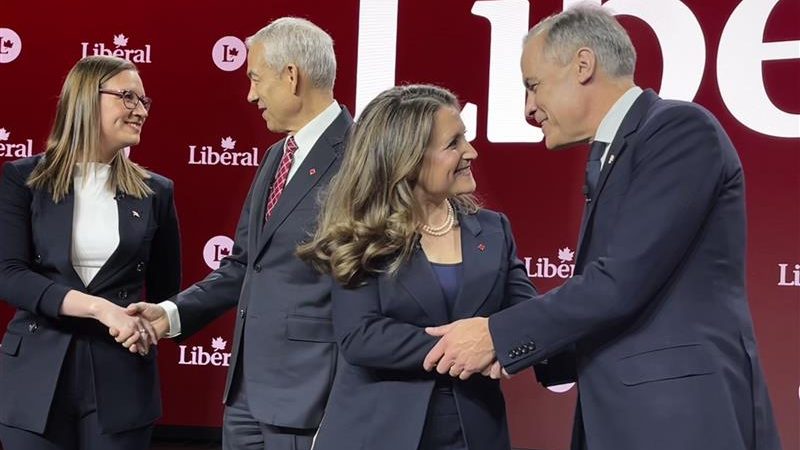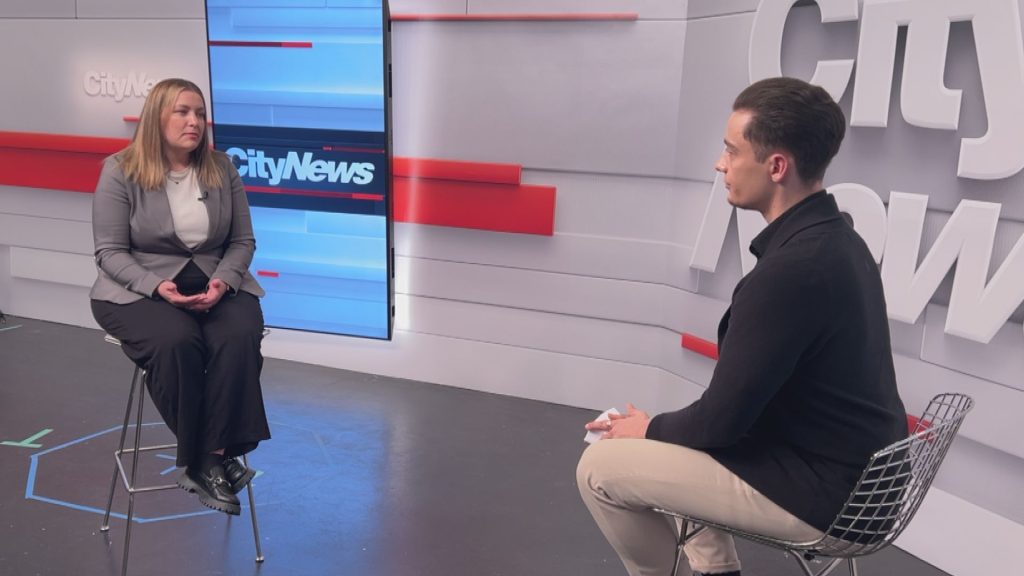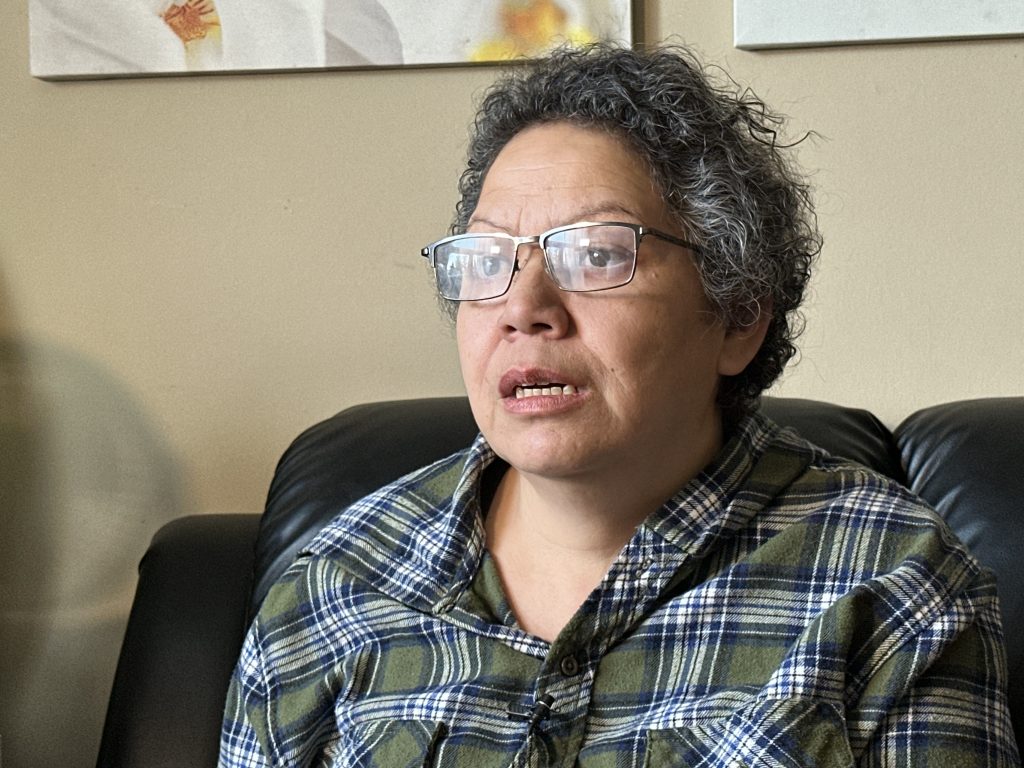Minister Asagwara vows to improve Manitoba’s health care in CityNews year-end interview
Posted December 26, 2024 10:00 am.
Last Updated December 26, 2024 4:47 pm.
Health care continues to be a top priority for Manitobans.
The shadow of the COVID-19 pandemic and cuts from previous governments still hang over the sector, and many Manitobans have long been waiting for improvements.
CityNews reporter Joanne Roberts sat down with Manitoba Minister of Health, Seniors and Long-term Care Uzoma Asagwara to find out how the NDP government is working to turn the system around.
Joanne Roberts (JR): You made it very clear that a main priority for your government was health care, and the care of all Manitobans, not just here in the city, but also rural Manitobans as well. Reflecting on the past year, how do you feel your government has held up to this promise?
Minister Uzoma Asagwara (UA): I feel our government has done a really good job of listening to Manitobans from every corner of the province in terms of what they want to see their health care look like. We know in order to make the changes that Manitobans want to see, we have to understand what they want to see. So, the premier and I have had the opportunity to undertake a listening tour.
We’ve been all across the province. We’ve been in Winnipeg, rural Manitoba, we’ve been in the north listening to frontline health-care workers and Manitobans, sharing with us their hopes, their ideas, concerns and experiences of the health-care system. And through that listening tour and through the work we’ve been doing with our partners, I think we’ve been able to take some really important steps in making health care better and fixing the previous damage that was done to the health-care system that was done over seven-and-a-half years.
JR: Can you talk about what you’ve learned this last year being on the front lines, being all over the province, and hearing from both patients and staff?
UA: What I’ve learned and what’s been reinforced is health care is Manitobans’ No. 1 priority. It doesn’t matter where you go in our province, people are talking about their experiences in emergency rooms, or trying to see a specialist or a doctor. And they’ve been sharing a lot about what health care means to them. Being able to access essential health care no matter where they live.
So, what we know as a government and what we’ve heard resoundingly is that we need more people on the front lines of our health-care system. We need more nurses, doctors, allied health-care professionals and staff and it’s been wonderful to hear directly from those folks about how we do the real work of actually retaining those folks on the front lines and also recruiting and training more health-care professionals.
Through that listening, through that learning, and through taking real action, we’ve been able to take some big steps; like hiring a net, new 873 health-care workers on the front lines of our health-care system across Manitoba.
JR: Is there a particular moment over the last year, is there somebody that you’ve met, given your experience in this industry, is there something you’ve learned, that you were surprised to learn and it’s now guiding you through the next year.
UA: I would say we’ve had the incredible opportunity to meet folks from all aspects of health care. We’ve heard from folks who always haven’t had the opportunity to have their voices and expertise heard directly by the government. What I’ve really taken away is that every single perspective matters.
Every single person who helps keep our health-care system, from the environmental staff workers, housekeeping, frontline folks, there’s administrators who understand the inner workings of the front line. We need to listen to those folks and invite them into the conversation as to how we fix health care – together. I would say one of the biggest pieces in doing this work and learning from folks who have been generous in sharing their knowledge with us, has been the way that people want to do the work together. There were a lot of years before our government, where people weren’t engaged. They weren’t listened to. They weren’t heard. Their expertise wasn’t valued and people are really eager to share what they know with us, and be a part of the solution. So, we know that doing things together is the way we accomplish hard things.
Here in Manitoba, we’ve got the best communities who do that work, and the best health-care workers who do that work. We’re committed to working together, working in collaboration and partnership and continuing the work of moving our health-care system in a better direction.
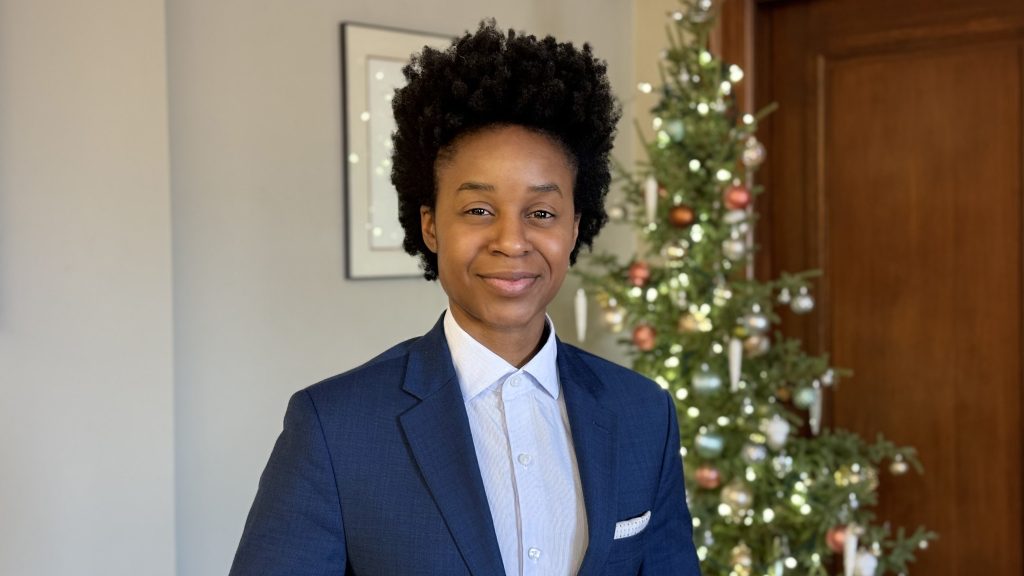
JR: You’ve also been honest in the last year, that all of these strides that you are making, there’s still a long way to go. We’ve also heard from nurses who are saying morale is at an all-time low. We’ve heard from patients who are still feeling like they are left behind, or they are falling through the cracks, because of the existing health-care system and how long it takes to make these changes.
What would you say to people who feel they are still not seeing an impact, despite all you’ve accomplished over the last year?
UA: Like every other Manitoban, I want and I wish to see these changes, big changes, tomorrow. But we know these things take time. We didn’t get to where we are in health care overnight. It took seven-and-a-half years of cuts, of closures, of chaos for us to see the level of damage done to our health-care system that has created a lot of the tough challenges we’re facing right now, but there’s hope. There’s hope when we can talk about a net, new 873 health-care workers that have joined the front lines. There’s hope when we see that we have more access to primary care with the extended hours primary care clinics we’ve opened. And there’s hope when we see we’ve hired a net new – a record number – 116 doctors to our health-care system.
I know that it’s frustrating. Folks are carrying frustration that they’ve experienced for years into their experiences today. But we are seeing things get better and we are going to continue to take steps — even if they are just little steps — we’re going to keep taking those steps in the right direction. I want to reassure Manitobans that their No. 1 priority is going to continue to be our No. 1 priority.
JR: Can you talk about the new year? A fresh start for many people. What is your government planning to do over the next year? What can you share with us today?
UA: In year one, our government was able to do some really big things. Universal free birth control for all Manitobans was a really big step. We were able to do a lot around health-care recruitment and retention. We were able to do a lot in terms of bringing MRI, mobile MRI technology, to the north. The first time ever the north has ever had this diagnostic capacity. But looking into the future, looking into the new year, we just want to keep that momentum going. We have a target of hiring a net new 1,000 health-care workers. We are well on our way to achieving that very, very ambitious target.
READ MORE: Manitoba announces mobile primary health-care clinic pilot
So for 2025, we’re going to continue to set really ambitious goals. Manitobans deserve to have an ambitious government. They deserve to have a team that’s committed to making health care better and really doing the work, the heavy lifting and the hard work, of changing the culture in health care. That’s a really big part of how we improve the morale of nurses and front-line folks. It’s a big part of how we make the health-care system a place where we can attract people and keep people working happily and with a good balance.
2025, for me, is going to be a continuation of 2024. Where we continue to build on the good things we’ve done. We continue to do the work of changing the culture in health care, continue to build and repair relationships with front-line health-care workers and making sure, at the bedside, Manitobans feel the improvements right there.
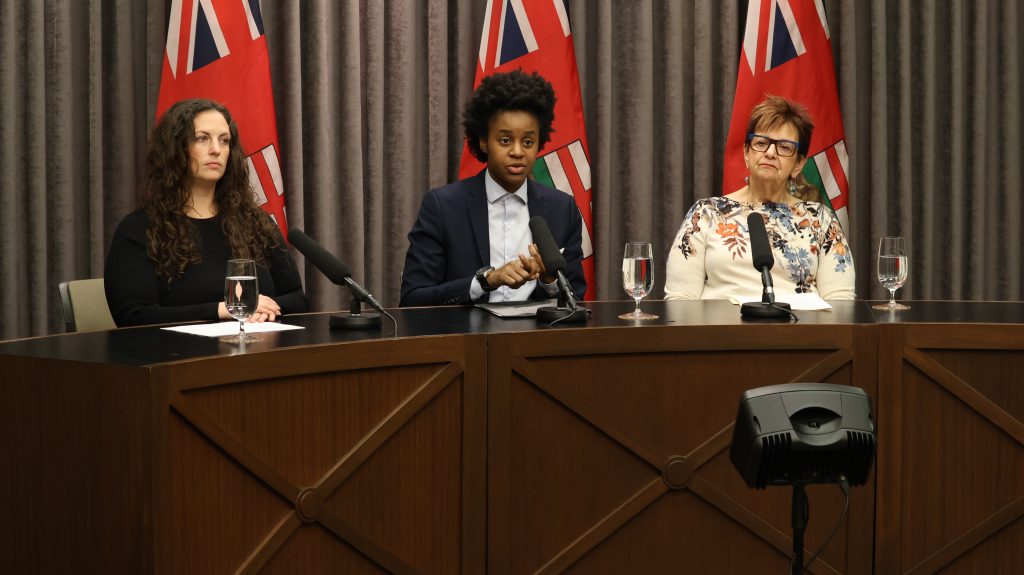
JR: Speaking about changing the culture in health care, your recent announcement of the request for proposals to move from agency nurses, back to nurses funded by the province. Nurses that are working for us, for the good of Manitobans. Many people called that a big and bold move and I know when you had announced that, you signalled to Manitobans that their health care comes first and profit does not come first. With that announcement as well, what did you want to signal to all of the health-care workers?
UA: We know that health-care workers care deeply making sure that all Manitobans receive the best quality of care. I can’t thank nurses enough for what they do for Manitobans everyday in our health-care system. I’m a nurse myself. I was a nurse for a number of years before going into politics, so I know firsthand what it means to provide care at the bedside and it’s a calling. It’s something that is a really sacred responsibility and role. What we want is for more folks to be working in the public system, as part of a team — a structure — that we know results in the best outcomes for Manitobans who need care.
RELATED: Manitoba vowing to crack down on overuse, lack of scrutiny by private health agencies
The RFP is making sure that we put clear controls in place. That we can manage the costs around agencies, which are completely out of control and there were no controls in place for many years. We know that when you have these controls in place, that you can also improve the quality of care, and you can hold agencies accountable to making sure that they’re taking an approach that supports a strong public health-care system.
It is a bold step, but again, Manitobans deserve a bold government. They deserve a government that’s going to take important steps to make health care better and this is just one part of that. It’s a way for us to also make sure we’re moving in the right direction of strengthening health care in the system for nurses and the health-care workers alike.
JR: We all know that everyone struggles, Manitobans are not exempt from that, and I imagine being a provincial leader and also just the person that you are, that you are not exempt from criticism from every corner that you are in. I’m wondering if you could reflect on a difficult day you’ve had as our deputy premier this year, and how you made it through this day?
UA: That’s a really big question. I’m a human. I’m a Manitoban just like everyone else. I love this province, I love our province. I’m so proud to be a Manitoban and I’m so fortunate to have been given the opportunity to serve Manitobans and our province in this way. It’s something I don’t take for granted; it’s the highest honour of my life. So, for all of the tough days and tough moments, I reflect on what this opportunity really means and it means that I get to be a part of making Manitoba better for all families.
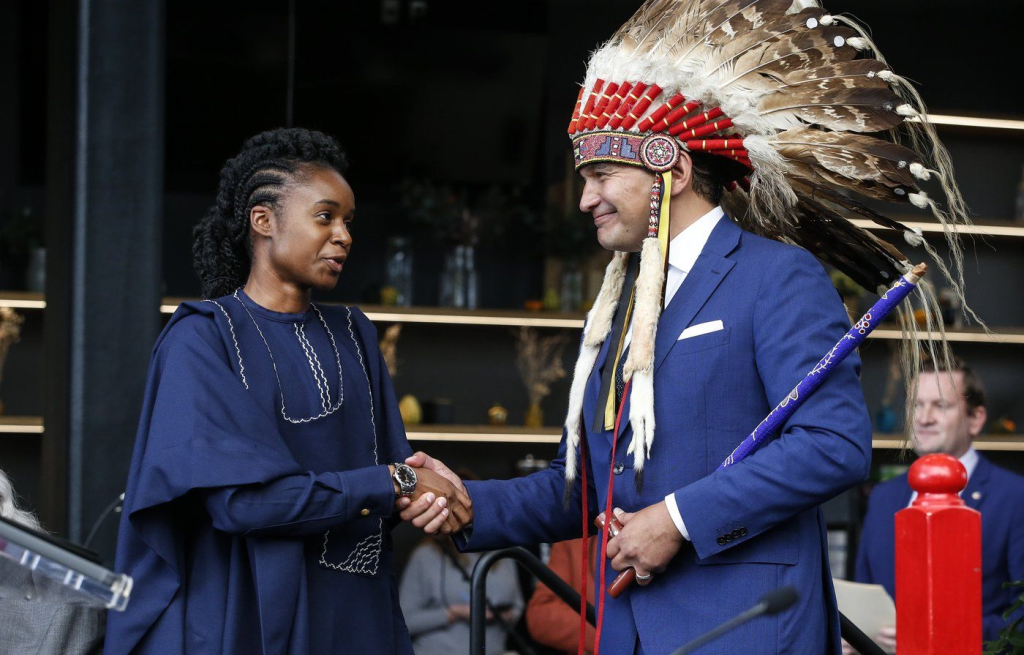
We’ve got great leadership in our Premier Wab Kinew; he’s somebody who is really guiding our province in a much brighter direction than where it was being led previously and it’s something I take really seriously. So for the tough days that do come up, and they absolutely do come up, for the challenges that maybe I have in my own personal life, we all have families, we have relationships we navigate and I want the same things for my family that Manitobans want for their families. I want my family to be healthy and safe. And doing the work of making health care better not only supports my family, but it supports all Manitoban families, and so I do this work with the province that I love at the heart of it, with my own family, my own community at the heart of it, and I’m just grateful to be able to continue to serve in this role and be there for Manitobans.
